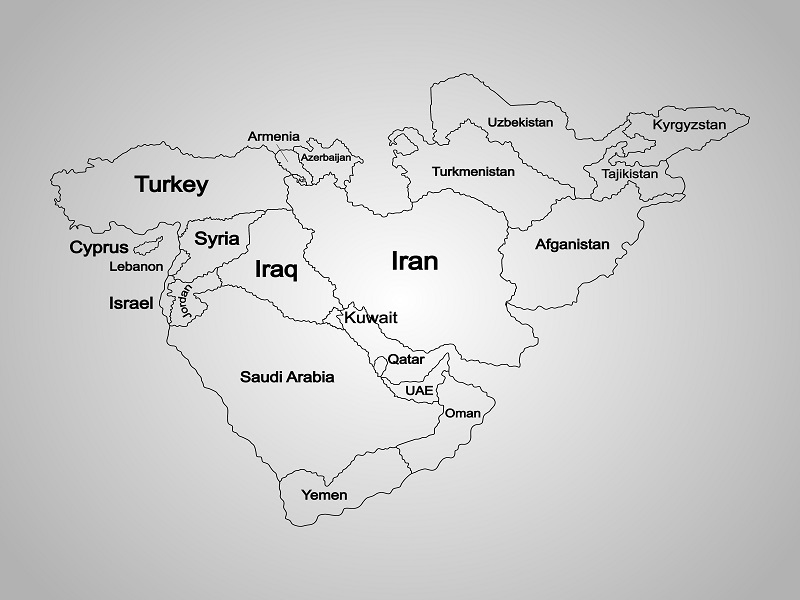When it comes to the financial sector, talking about the Middle East seems to be somewhat of a taboo. However, there is a major market waiting to be tapped, and Bitcoin can play a major role in the process. Regardless of how Bitcoin is perceived by mainstream media, there is no denying digital currency offers major advantages for online commerce.
Also read: Bank of England Launches Blockchain Idea Prize Program
Bitcoin Boom In Middle East Imminent?
As you might come to expect, the general consumer residing in the Middle East is fairly skeptical of Bitcoin and digital currency as a whole. However, there is a noticeable uptrend regarding people using Bitcoin in the region, with user numbers floating around 20,000. One of the main hurdles to overcome is convincing merchants to start accepting Bitcoin payments, though.
Similar to how most people see Bitcoin, people living in the Middle East mainly use the popular digital currency as an investment vehicle for the future. There are several regular Bitcoin transactions taking place in the region as well, although most of those revolve around making payments to freelancers.
The biggest market for Bitcoin as a usable currency in the Middle East comes in the form of using as a tool to bypass current remittance fees and restrictions in the region. Rather than relying on traditional payment methods for remittance purposes, Bitcoin is a far cheaper and faster alternative to transfer wealth around the world.
Even though there is a handful of startups accepting Bitcoin payments in the Middle East, there is a huge potential waiting to be unlocked. Despite several warnings regarding the usage of digital currency, and several negative associations with underground marketplaces, Bitcoin has proven to be quite resistant.
One of the companies actively working on Bitcoin adoption in the Middle East is Yellow; who operate as a Bitcoin payment processor. Up until this point, ten companies have been using the services offered by Yellow so far. While that number may seem low, there is a 300% growth compared to January of this year.
Not unlike other countries, it is still rather difficult to access Bitcoin in the Middle East. Obtaining the digital currency is usually done through foreign exchanges, although BitOasis has been making a name for itself in Kuwait, Bahrain, United Arab Emirates and Qatar. It will be interesting to see how the Bitcoin situation will evolve in the Middle East
Bitcoin Educational Efforts Are Needed
To help put Bitcoin on the map, more educational efforts are needed/ In the Middle East, merchants need to be educated on why it is important for their business to accept Bitcoin payments, and how it can help them reach a global audience. Stressing the low transaction fees would be well worth mentioning too.
Additionally, it is good to see Bitcoin is being used as an investment vehicle, although that only adds to the hoarding problem plaguing the digital currency. More educational efforts on the benefits of Bitcoin for consumers would be a good idea as well.
Source: Technology Review



